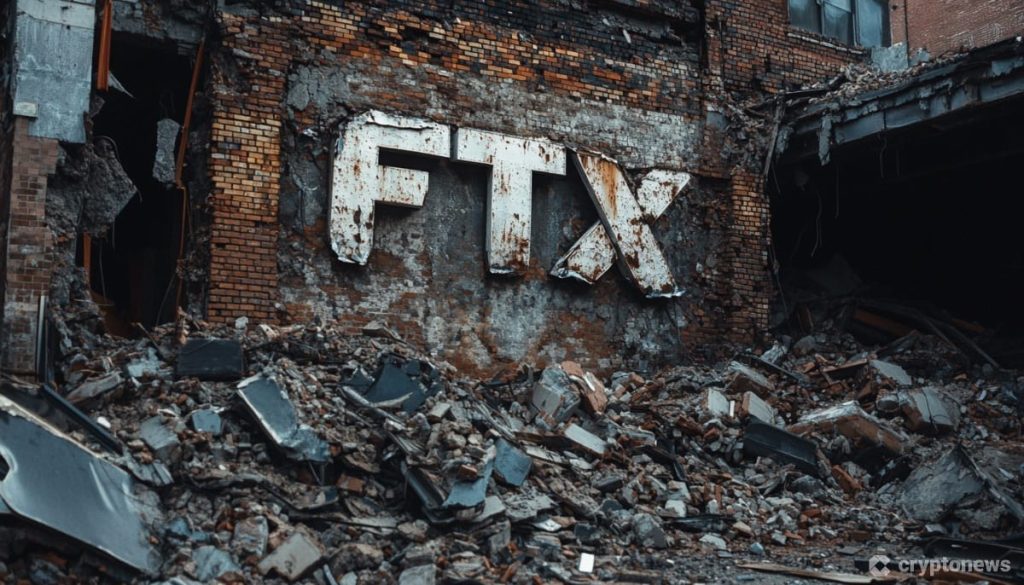FTX, a collapsed crypto exchange, made last-minute changes to its payout plans, allocating only 10-25% of funds for FTX crypto holders. Additionally, the company allocated $230 million from government forfeiture actions to benefit shareholders. Creditors were surprised by the revised reimbursement plan, which was revealed 30 days after the deadline and after creditors had voted on a liquidation plan. Shareholders traditionally are reimbursed last in bankruptcy proceedings, but in this case, extra money is being transferred to them, causing outcry among creditors who would receive reimbursements based on crypto prices at the filing date, which were lower than current prices.
FTX’s creditors, including FTX crypto holders, are outraged by the revised payout plan, with many suffering from mental distress and panic attacks as their life savings remain unrecovered. The sudden change in the agreement has led to criticism on social media, with users expressing disgust at the company’s actions, with one user stating that FTX has scammed crypto holders twice. Despite the controversy, the FTX token (FTT) has surged in value by 60% in the last 24 hours, with trading volume increasing significantly by 3734%, making it the market’s biggest gainer by a large margin. This spike is surprising given that the token had previously plummeted over 90% after FTX’s fraudulent activities caused the company’s bankruptcy in 2022.
FTX creditor-activist Sunil Kavuri revealed that the company is transferring 18% of Department of Justice forfeiture funds, up to $230 million, to FTX equity holders. This allocation of funds was not disclosed to creditors until after the voting period and the deadline for the liquidation plan had passed. The revised agreement has left many creditors feeling slighted as they would receive reimbursements based on lower crypto prices at the time of the legal petition filing, despite current prices being significantly higher. This discrepancy has caused frustration and disappointment among FTX creditors, who are questioning the company’s motives and actions in handling the distribution of funds.
The decision to allocate funds to FTX equity holders ahead of creditors has sparked outrage among creditors and FTX customers, who feel that the company’s actions are unjust and unethical. The lack of transparency in the revised agreement and the delayed disclosure of the allocation of funds have further exacerbated the situation, with many expressing frustration and anger on social media platforms. The controversy has raised concerns about the fairness and legality of FTX’s payout plan, with creditors questioning the company’s integrity and trustworthiness in handling the bankruptcy proceedings.
Despite the backlash from creditors and FTX customers, the FTX token (FTT) has experienced a significant surge in value, with trading volume skyrocketing and making it the top gainer in the market. The unexpected spike in the token’s value has drawn attention to the volatile nature of the crypto market and the unpredictable behavior of digital assets. The disparity between the token’s performance and the controversy surrounding FTX’s payout plan highlights the complexities and challenges of investing in cryptocurrencies and dealing with collapsed exchanges. As the situation unfolds, it remains to be seen how FTX will address the concerns and grievances of its creditors and customers and navigate the aftermath of its bankruptcy.


